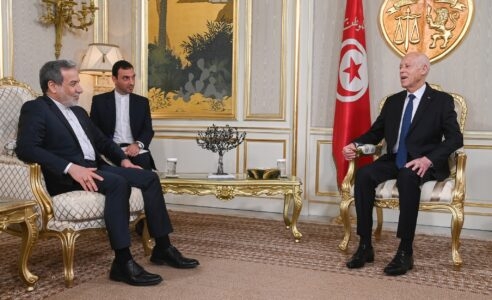The meeting between Kaïs Saïed and the Iranian Minister of Foreign Affairs translates a daring diplomatic bet. Between affirmation of sovereignty, support for the Palestinian cause and diversification of alliances, Tunisia tries to reposition itself in a multipolar world while sailing on uncertain geopolitical waters.
Palestine remains at the heart of this rapprochement, symbol of a Tunisian commitment which goes beyond the simple national strategy. Kaïs Saïed finds there regional legitimacywhile consolidating its sovereignist image on the inner scale. This posture also strengthens the role of Tunisia as a potential mediator in the region, even if its ability to influence remains limited by its diplomatic and economic means.
Tunisian diplomacy, heiress of Bourguiba and Ben Ali, seeks a balance between Independence and pragmatism. Saïed, however, adds a more assertive identity dimension to this: the defense of the rights of peoples and the denunciation of foreign interference becomes trademarks of its foreign policy. The rapprochement with Iran is thus part of a logic of Diversification of allianceswhile relations with the European Union and the United States are increasingly conditioned and complex.
But this bet has significant risks. On the economic level, international sanctions limit the concrete perspectives of investment. On the diplomatic level, increased visibility with Tehran could Tying relationships with traditional partners of Tunisia, especially the Gulf countries. The cooperation announced – cultural, scientific, technological – remain largely symbolic. In order for them to produce a tangible effect, Tunisia will have to transform these gestures into concrete and achievable projects.
In filigree, this initiative raises the question of Tunisia ability to reconcile principles and pragmatism. Sovereignty displayed must deal with economic realities and the need to maintain traditional alliances, sources of financial aid and political support. The audacity is there, but the room for maneuver remains narrow.
Finally, the rapprochement with Iran illustrates the Tunisian will of assert oneself as an independent actor in a multipolar worldwhere diplomatic choices must be both strategic and symbolic. If the bet succeeds, Tunisia could increase its regional influence. If it fails, the country risks costly isolation, at a time when its economic and social challenges require concrete results.
Read also: Tunisia – Iran: bilateral cooperation and support for Palestine at the discussion center








